- Home
- About
About
Overview
INCLUDE project puts forward a comprehensive program, involving research, direct action and the development of learning resources, to educate and support coaches, executives and staff of sport academies working with young athletes (12-18 years old) so that they can actively contribute in tackling discrimination in youth sports.
INCLUDE focuses on promoting inclusion and diversity by taking concrete action to tackle existing barriers linked to discrimination in the field of youth sport. Additionally, its scope, proposed actions and deliverable will make a meaningful contribution to an array of the priorities set by the Erasmus+ programme in the field of sport. Namely, the project will work towards combating violence and tackling racism, discrimination and intolerance in sport and to promote integrity and values in sport by helping improve good governance in sport and promoting the positive values of sport.
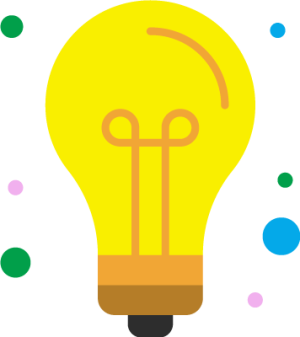
Aims & Objectives
Our specific objectives through this project are:
- Study, analyze and document the needs, challenges as well as effective approaches and practices observed ‘on the ground’ in regard to inclusion and tackling discrimination in the implementing countries and across the EU
- Elevate youth academies’ officials, coaches and support staff’s knowledge and understanding of the issues of diversity, integration, human rights and bullying as well as the forms of violence.
- Present sport professionals, coaches and stakeholders in the field of youth sport with tactics and approaches to identify and address misdemeanant behaviors and incidents of discrimination an violence by or towards their young (12-18 years old) athletes
- Raise awareness on discrimination in sport and its adverse effects on children as well for the need for action to promote social inclusion, diversity and equal opportunities in the field
- Strengthen the cooperation between institutions and organizations active in the field of sport and support the sharing of good practices in combatting violence and tackling discrimination.
- Offer learners an interactive learning experience through the use of innovative and engaging approaches and tools, including gamified features
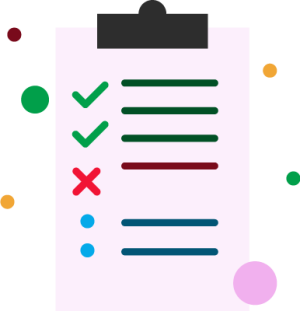
Methodology
The work and actions of the INCLUDE project will be based on an evidence-based, impact oriented approach. The project team will utilize its multidisciplinary expertise and experience as well as its wide network of contacts and associates towards the implementation of a carefully designed project plan that involves a step-by-step process that will lead to more thorough conception of the field and transferrable resources and tools to support its target groups. This is a process that will be relying on scientific approaches deriving from social sciences, education and pedagogy, sport psychology and sport sociology. The project will also benefit extensively by the implementing partners’ expert knowledge and experience as well as their network of contacts in the field.
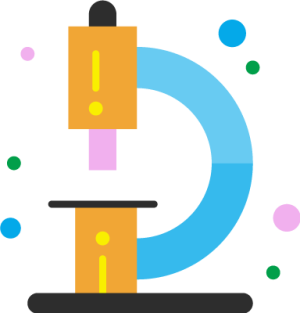
Consecutively, it will develop a curriculum and toolkit to educate and support trainers/coaches and grassroots executives in identifying and tackling discriminatory behaviors in or addressing their athletes and teams, composed of young athletes aged 12-18 years old.
Specifically, the following approaches-methodologies will be utilized for the development of each of the deliverables of the project:
- ‘Youth Sport: Realities, Challenges & Best Practices’ Report
- Training Programme (Curriculum & Toolkit) for coaches
- eLearning Platform
- Dissemination & Communication
Partners
-

The Rural Hub
The Rural Hub was first established as an association in 2012. It was set up by a group of education, training and rural development professionals as a response to the impact of the economic crisis on small rural villages and towns in Ireland. The Rural Hub has been providing a wide range of community development courses to local residents to support greater community involvement and enhanced social inclusion to target growing isolation. It targets a major part of its actions at people on the margins of society and economy like early school leavers, lone parents, recently arrived migrants, people living with a disability, active retired groups and senior citizens.
-

Center for the Advancement of Research and Development in Educational Technology (CARDET)
CARDET is one of the leading research and development centers in the Mediterranean region with global expertise in project design and implementation, capacity building, and e-learning. Is independently affiliated with universities and institutions from around the world, such as the Yale University, the University of Nicosia and the International Council of Educational Media. CARDET has completed numerous projects relating to the development of capacity building and planning in education and VET, youth support, adult learning, literacies, digital tools, eLearning, educational technology, and social integration of marginalized groups. One of our core-strengths is our ability to carefully plan, implement, execute and evaluate projects in various contexts.
-
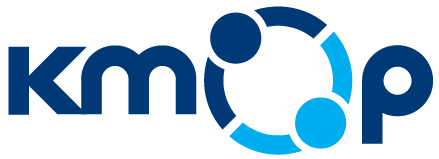
KENTRO MERIMNAS OIKOGENEIAS KAI PAIDIOU (KMOP)
KMOP, founded in 1977, is one of the oldest civil society organizations in Greece, with extensive experience in direct provision of social services and implementation of social initiatives. Over the last years, the organization has established an international presence, and is now active in 7 countries, and operating permanent offices in Athens, Thessaloniki, Brussels and Skopje. KMOP is dedicated to making a positive social impact through research and innovative initiatives that address critical social issues, inform public debate and help shape policy, nationally and internationally. Our mission is to contribute to effective social-policy design and to lead impactful programmes that promote individual well-being, reduce inequalities, eliminate vulnerabilities, and foster inclusive and sustainable social growth.
-

CESIE
CESIE is a European center of studies and initiatives established in 2001, inspired by the work and theories of sociologist Danilo Dolci (1924-1997). Our mission is to promote educational innovation, participation and growth.
Moreover, CESIE benefits from a broad network of partners with more than 3000 civil society organizations, universities, schools, research centers, public authorities and private entities, youth centers, companies and entrepreneurs in the world. Along with other institutions and organizations, CESIE is currently implementing over 120 projects in more than 80 countries.
-
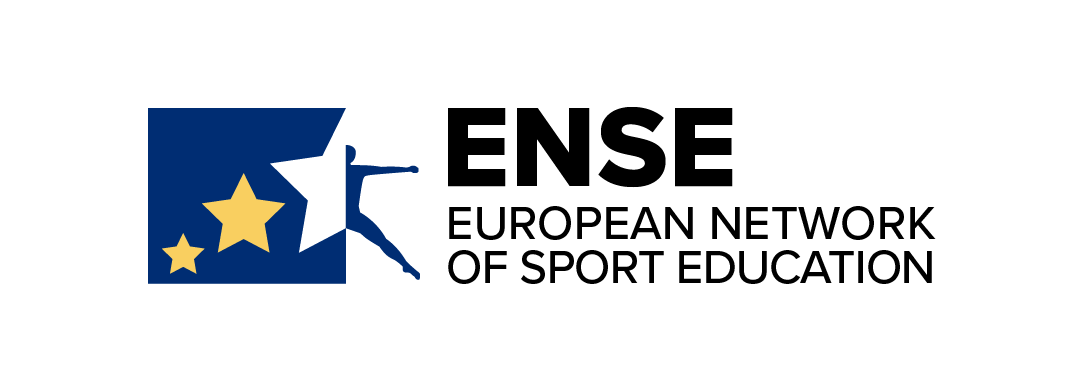
EUROPEAN NETWORK OF SPORT EDUCATION
The European Network of Sport Education (ENSE) is an international non-profit organization and has been active in the field of sport education in Europe since 1989. ENSE works to create learning opportunities, skills, competences, and qualifications in all settings for people or organizations leading, developing and supporting sport activities. ENSE aims achieve this by working on pan-European projects, creating innovative educational materials, connecting organizations working in the field of sport education, and advocating for effective policies on the European level.
-
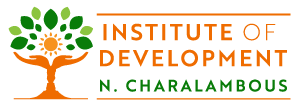
INSTITUTE OF DEVELOPMENT LTD
The Institute of Development was established in 2003. Our office is situated in Nicosia -Cyprus. We support the notion that “Success” comes only when a person consciously invests in the continuous development and balance between Personal, Inter-Personal, and Professional advancement.
Our vision is to promote and impart a positive outlook towards life experiences, which is proven to elevate. Creativity, life satisfaction, performance, motivation, mindfulness and overall wellbeing.
We work with Individuals, Families, Companies, Human Resources Departments, Educational Organizations and Academic Institutions. Our theories, methods and practices derive mostly form Humanistic and Positive Psychology, like Cooperative Learning Models, Creative Thinking, Multiple Intelligences and Character Education.

The European Commission support for the production of this publication does not constitute an endorsement of the contents which reflects the views only of the authors, and the Commission cannot be held responsible for any us which may be made of the information contained therein. [Project Number: 101050474]